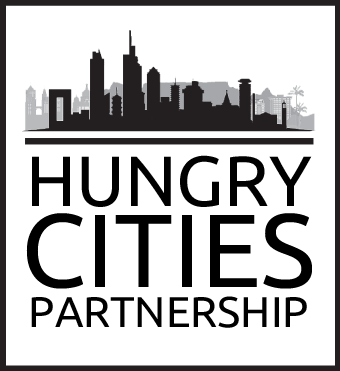Document Type
Hungry Cities Report
Publication Date
2021
Department
Balsillie School of International Affairs
Abstract
This report presents the results of the first comprehensive survey of Windhoek’s rapidly-growing informal food sector. As such, it aims to shed light on the food system of Windhoek, Namibia’s capital and largest urban centre. The report is part of a research programme on food security in cities of the Global South by AFSUN and the Hungry Cities Partnership (HCP) and builds on earlier publications on Windhoek’s food system including:
- The State of Food Insecurity in Windhoek, Namibia (Pendleton et al 2012);
- The Supermarket Revolution and Food Security in Namibia (Nickanor et al 2017);
- Urban Informal Food Deserts in Windhoek, Namibia (Nickanor et al 2018);
- Supermarkets and Informal Food Vendors in Windhoek, Namibia (Nickanor et al 2019); and
- Containing the Informal Food Sector in Windhoek, Namibia (Kazembe et al 2019).
To date, most studies of the informal food sector in Namibia have relied on national surveys, in-depth interviews with a small sample of food vendors or indirect information on patronage of the informal food sector in household food security surveys. The latest HCP household survey showed that the informal food sector had expanded dramatically over the last decade and that around two-thirds of Windhoek households obtained some of their food from informal vendors (Nickanor et al 2017). Rates and frequency of food sourcing from the informal sector were especially high in the city’s large informal settlements (Nickanor et al 2019). For example, nearly 60% of surveyed households in informal settlements regularly patronize informal vendors operating in the city’s open markets. Just over one-quarter buy food from informal street vendors and 14% from informal tuck shops (sometimes called spazas) (Nickanor et al 2019). However, this is the first representative in-depth survey of food vendors themselves. A total of 470 vendors were interviewed for the study by researchers from the Department of Population and Statistics at the University of Namibia using the common HCP informal vendor survey instrument.
Recommended Citation
Nickanor, Ndeyapo; Kazembe, Lawrence; Crush, Jonathan; and Shinyemba, Tobias, "No. 23: Inclusive Growth and the Informal Food Sector in Windhoek, Nambia" (2021). Hungry Cities Partnership. 47.
https://scholars.wlu.ca/hcp/47
Included in
Food Studies Commons, Human Geography Commons, Politics and Social Change Commons, Urban Studies and Planning Commons


